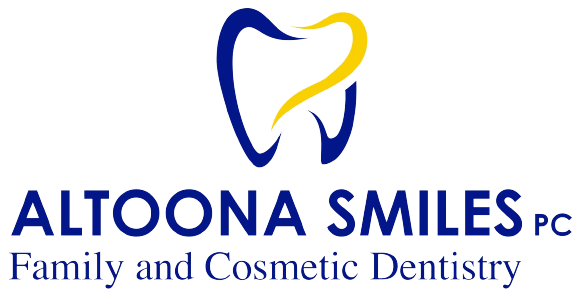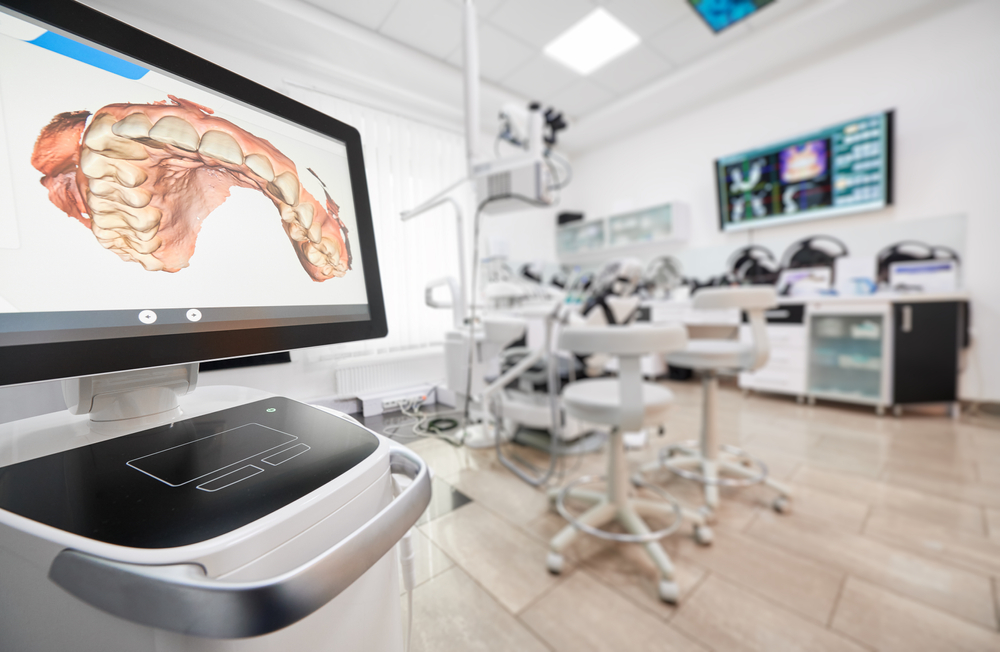Dental emergencies can strike without warning, leaving you in pain and uncertain about what to do next. Whether it’s a sudden toothache, a chipped tooth from an accident, or a knocked-out tooth from a fall, knowing how to handle these situations can make a significant difference in your comfort and oral health. Prompt and effective action can prevent complications, reduce pain, and improve the chances of saving your teeth. This blog will explore the most common dental emergencies and provide you with practical tips on how to manage them until you can see a dentist. Being prepared for dental emergencies can help you stay calm and take the right steps to protect your smile.
In This Blog:
- Common Dental Emergencies
- How to Handle Dental Emergencies
- How to Prevent Dental Emergencies
Common Dental Emergencies
Toothache
- Description: Toothaches can stem from various issues such as cavities, infections, or fractures. Underlying causes often include poor oral hygiene, gum disease, and tooth decay.
- Symptoms: Continuous pain ranging from mild to intense, swelling around the affected area, sensitivity to hot or cold temperatures, and sometimes headaches or fever.
Chipped or Broken Teeth
- Description: Teeth can get chipped or broken due to trauma from accidents, sports injuries, or biting hard objects. Teeth weakened by decay or large fillings are also more susceptible to fractures.
- Symptoms: Noticeable breakage or missing parts of the tooth, pain while biting, sensitivity to temperature changes, and sharp edges that may irritate the tongue or cheek.
Knocked-Out Teeth
- Description: A knocked-out tooth, often caused by accidents, sports injuries, or other impacts to the face, is a serious dental emergency requiring immediate attention.
- Symptoms: Complete displacement of the tooth from its socket, bleeding, pain, and swelling. Proper handling of the tooth and prompt dental care can increase the chances of successful reimplantation.
Lost Filling or Crown
- Description: Fillings and crowns can dislodge due to underlying decay, trauma, or general wear and tear. Poor initial bonding can also contribute.
- Symptoms: Pain and sensitivity, particularly to hot, cold, or sweet foods, and a noticeable gap where the filling or crown was. Discomfort when chewing is also common.
Abscessed Tooth
- Description: An abscessed tooth is a severe infection that develops at the root of a tooth or between the gum and a tooth, often due to untreated cavities, gum disease, or trauma.
- Symptoms: Intense, throbbing pain that can spread to the jawbone, neck, or ear, swelling in the face or cheek, tender lymph nodes under the jaw or in the neck, fever, and a foul taste in the mouth if the abscess bursts.
Soft Tissue Injuries
- Description: Injuries to the soft tissues of the mouth, such as the gums, cheeks, lips, and tongue, can result from accidental bites, falls, sports injuries, or trauma from sharp objects.
- Symptoms: Bleeding, swelling, cuts, and lacerations, along with pain and discomfort. Proper treatment of these injuries is crucial to prevent infection and promote healing.
Effectively managing these dental emergencies with prompt and appropriate care can prevent further complications and ensure a quicker recovery. Timely first aid and professional care are vital for maintaining oral health during emergencies.
How to Handle Dental Emergencies
Toothaches
- Rinse your mouth with warm water to clean the area.
- Use dental floss to remove any food particles trapped between teeth.
- Apply a cold compress on the outside of your cheek to reduce swelling.
- Take over-the-counter pain relievers to alleviate pain.
- Contact a dentist for a thorough examination and treatment.
Chipped or Broken Teeth
- Rinse your mouth with warm water to clean the area.
- Save any broken pieces of the tooth if possible.
- Apply a cold compress to the outside of the mouth to reduce swelling.
- If the broken tooth has sharp edges, cover them with dental wax or sugarless gum to protect your tongue and cheek.
- Visit a dentist as soon as possible for repair.
Knocked-Out Teeth
- Pick up the tooth by the crown (the top part), not the root.
- Rinse the tooth gently with water if it’s dirty, but do not scrub it.
- Try to reinsert the tooth into its socket if possible. If not, store the tooth in milk or a tooth preservation product.
- Keep the tooth moist at all times.
- Seek immediate dental attention to increase the chances of saving the tooth.
Lost Filling or Crown
- Keep the area clean by rinsing with warm water.
- Apply a piece of sugarless gum or dental cement to temporarily cover the cavity.
- If you have the crown, try to place it back over the tooth using dental cement or toothpaste as a temporary adhesive.
- Schedule a dental appointment promptly to have the filling or crown properly restored.
Abscessed Tooth
- Rinse your mouth with warm salt water several times a day to reduce pain and draw out pus.
- Apply a cold compress to the outside of your face to alleviate swelling.
- Take over-the-counter pain relievers to manage pain.
- Seek immediate dental treatment to address the infection and prevent it from spreading.
Soft Tissue Injuries
- Rinse your mouth with salt water to clean the area and reduce the risk of infection.
- Apply a moistened piece of gauze or tea bag to the bleeding site and hold it in place for 15-20 minutes.
- Use a cold compress to reduce swelling and pain.
- If the bleeding persists or the injury is severe, visit an emergency room or dental office for further treatment.
Handling these dental emergencies promptly and correctly can prevent further complications and ensure a quicker recovery. Always seek professional dental care as soon as possible to address any underlying issues and maintain your oral health.
How to Prevent Dental Emergencies
Schedule Regular Dental Check-Ups and Cleanings
Regular visits to the dentist for check-ups and cleanings is vital for sustaining good oral health and avoiding emergencies. Dentists can detect potential problems early, such as cavities or gum disease, and treat them before they escalate into emergencies. Regular cleanings also help eliminate plaque and tartar buildup, reducing the likelihood of decay and infections.
Wear Mouthguards During Sports
Using a mouthguard during sports activities can greatly decrease the risk of dental injuries. Mouthguards shield the teeth, gums, and jaw from trauma caused by falls, collisions, or equipment impacts. Dentist-provided custom-fitted mouthguards offer optimal protection and comfort, particularly for those participating in contact sports.
Avoid Chewing Hard Foods or Objects
Chewing on hard foods, ice, or non-food items can lead to teeth chipping, cracking, or breaking. To avoid these injuries, refrain from biting down on hard candies, ice cubes, and popcorn kernels. Opt for softer foods and be cautious when eating items that might contain hidden hard substances.
Maintain Good Oral Hygiene
Good oral hygiene is essential for preventing dental emergencies. Brush your teeth at least twice daily with fluoride toothpaste and floss daily to remove plaque and prevent cavities and gum disease. Using an antiseptic mouthwash can also help reduce bacteria and keep your mouth clean. Consistent oral care can stop many common dental issues from becoming emergencies.
Follow a Healthy Diet and Lifestyle
A balanced diet and healthy lifestyle are crucial for overall oral health. Limiting sugary and acidic foods and drinks helps prevent tooth decay and erosion. Consuming a diet rich in fruits, vegetables, lean proteins, and dairy products provides necessary nutrients for strong teeth and gums. Staying hydrated and avoiding tobacco products also support oral health and reduce the risk of dental emergencies.
Address Dental Issues Quickly
Don’t ignore dental problems. Minor issues like slight toothaches, sensitivity, or small chips can become more serious if not treated promptly. Seeking early dental care for any concerns can prevent these problems from turning into emergencies.
Don’t Use Teeth as Tools
Using your teeth to open bottles, tear packages, or hold objects can result in dental injuries such as chipping, cracking, or even losing teeth. Always use the right tools and avoid putting unnecessary strain on your teeth.
Be Aware of Teeth Grinding
Teeth grinding, or bruxism, can cause severe damage over time. If you grind your teeth, especially at night, consider using a nightguard to protect your teeth from wear and fractures. Discuss treatment options for bruxism with your dentist.
Teach and Protect Children
Educate children about good oral hygiene habits early and provide them with suitable protective gear, like mouthguards for sports. Regular dental visits and teaching them to avoid harmful habits can help prevent dental emergencies in kids.
By implementing these preventive strategies, you can significantly lower the risk of dental emergencies and keep your teeth and gums healthy. Consistent care, protection, and timely attention to dental issues are essential for maintaining excellent oral health.
Conclusion
Dental emergencies can be sudden and distressing, but knowing how to handle them effectively can make all the difference. From managing toothaches and knocked-out teeth to addressing soft tissue injuries and lost fillings, prompt and appropriate action is crucial for alleviating pain and preventing further complications. Understanding the common causes of dental emergencies and taking preventive measures, such as maintaining good oral hygiene and wearing mouthguards during sports, can significantly reduce the risk of these incidents. Additionally, having a well-stocked dental first aid kit on hand ensures you are prepared to manage emergencies swiftly. Remember, while immediate care is essential, seeking professional dental treatment as soon as possible is key to ensuring long-term oral health and recovery. Stay informed, stay prepared, and take proactive steps to protect your smile.







